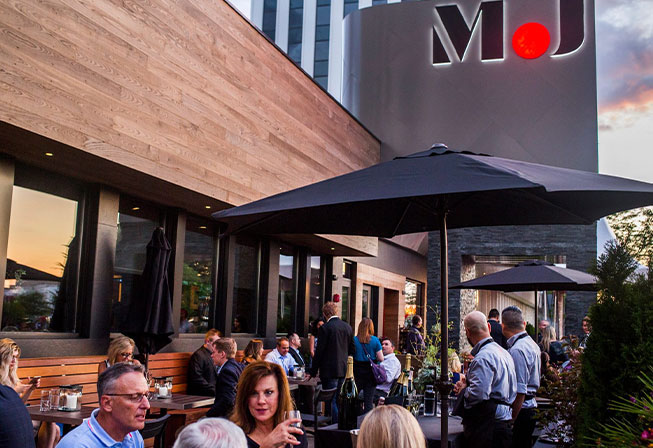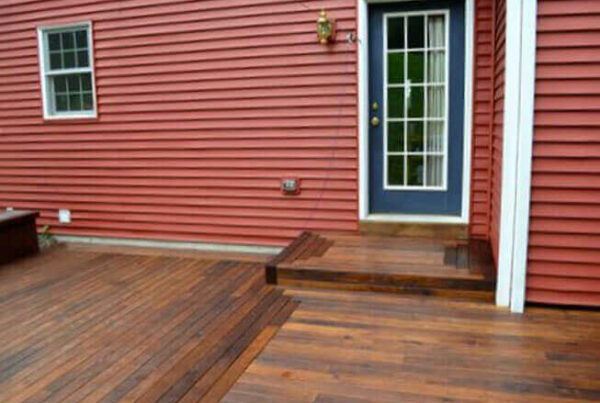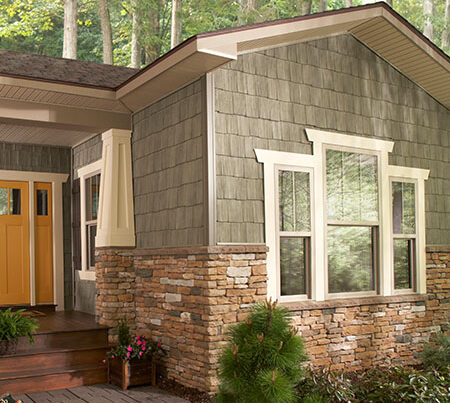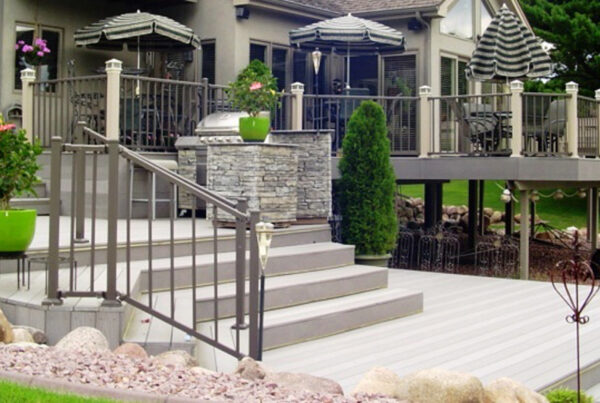Thermally modified siding and rain screens are becoming increasingly popular in modern construction due to their remarkable durability, moisture resistance, and sustainability. This innovative process involves treating wood with high heat, making it more resistant to rot, decay, and insect damage without the use of harmful chemicals. Additionally, thermally modified wood offers superior dimensional stability, preventing warping, shrinking, or swelling caused by temperature and humidity changes.
1. Improved Durability and Weather Resistance
Thermally modified wood undergoes a treatment process that transforms its cellular structure, making it more resistant to moisture and decay. This makes it an excellent choice for exterior siding and rain screen applications, where it will be exposed to the elements. Unlike untreated wood, thermally modified siding won’t rot or warp due to prolonged moisture exposure, ensuring long-term durability. This treatment also enhances the wood’s resistance to insects, reducing the likelihood of termite or pest damage.
2. Low Maintenance
One of the standout benefits of thermally modified siding and rain screens is their low-maintenance nature. Unlike traditional wood siding, which often requires regular sealing, staining, or painting to maintain its appearance, thermally modified wood retains its natural beauty with minimal upkeep. Its ability to resist fading and weathering means that homeowners and builders can enjoy the look of wood without the extensive maintenance associated with untreated wood.
3. Sustainability and Eco-Friendliness
Thermally modified wood is a sustainable option for siding and rain screens. The heat treatment process eliminates the need for chemical preservatives, making it an eco-friendly alternative to traditional treated wood. Additionally, the wood used in this process is often sourced from sustainably managed forests, further contributing to its environmental benefits. Choosing thermally modified siding helps reduce the environmental impact of construction while still providing the strength and beauty of natural wood.
4. Enhanced Aesthetic Appeal
Thermally modified siding offers a rich, natural appearance that enhances the visual appeal of any building. The heat treatment process deepens the wood’s color, creating a warm, elegant tone that resembles exotic hardwoods. This makes thermally modified siding an excellent choice for projects that prioritize aesthetics alongside performance. Whether used in residential or commercial applications, this material adds a touch of sophistication to any exterior.
5. Dimensional Stability
Another significant advantage of thermally modified wood is its superior dimensional stability. The heat treatment reduces the wood’s moisture content, preventing it from shrinking, swelling, or warping due to changes in humidity or temperature. This makes thermally modified siding and rain screens an ideal solution for environments that experience extreme weather fluctuations.
Conclusion
Thermally modified siding and rain screens are a top choice for homeowners and builders looking for a durable, low-maintenance, and eco-friendly option. By resisting moisture, decay, and insect damage, while also providing a natural, rich aesthetic, thermally modified wood offers the best of both worlds. It ensures long-lasting performance, even in harsh weather conditions, with minimal upkeep. Sherwood Lumber offers high-quality thermally modified wood products designed to meet the needs of modern construction projects, providing both beauty and durability.











